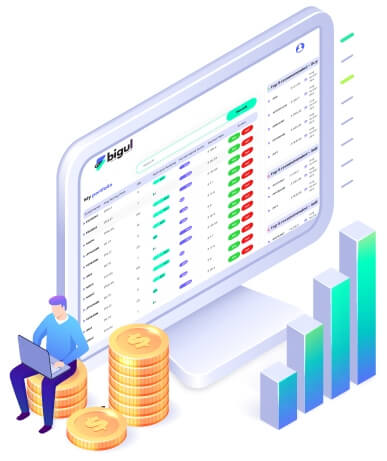Who Should Consider Investing in Non-Convertible Debentures (NCDs)?
NCDs are suitable for investors who look for reliable income and are willing to undertake medium levels of risk. NCDs attract cautious investors who desire fixed returns without the fluctuations associated with share markets. Those aged close to retirement or those in search of a mix in their portfolios may like NCDs because they yield predictable interest payments and have relatively lower risks compared to shares. Apart from that, shorter-term investors or people looking to hold onto funds over a specific period might find NCDs interesting as they usually have predetermined maturity dates. Again, NCDs can be ideal for investors who wish to gain exposure to industries or companies they believe in since these are issued by different corporations across various sectors. Nonetheless, it is important for investors to carry out extensive due diligence on the credibility of the issuer since the default risk might differ depending on the health status of the issuer's balance sheet and economic conditions at different times. All in all, NCDs present a balanced risk-return profile for those seeking steady incomes coupled with preservation of capital, thus making them viable options for conservative long-term investors.
















